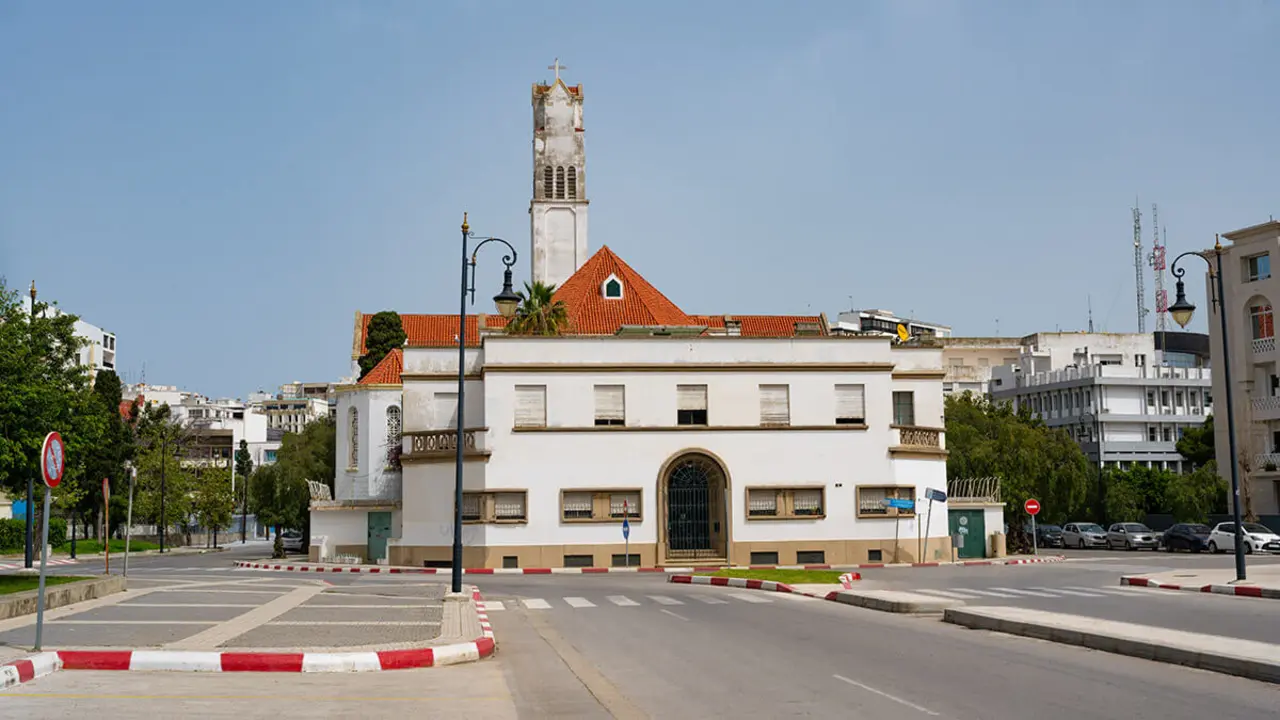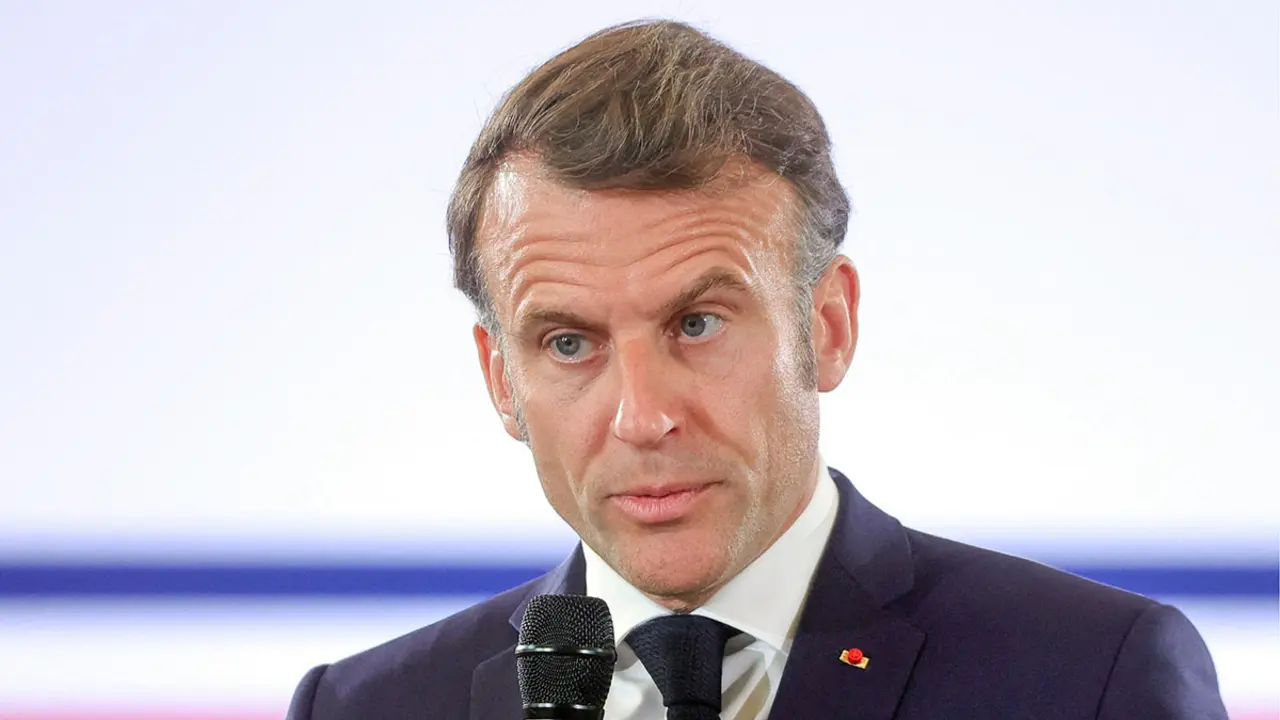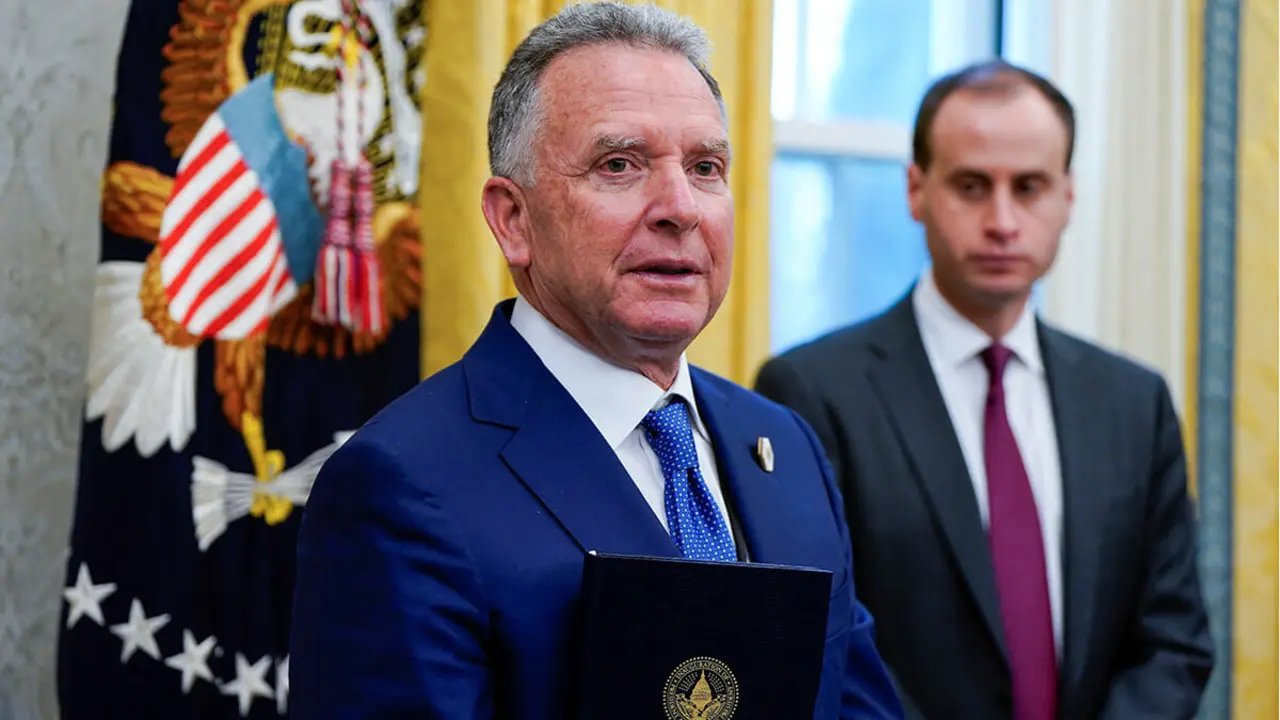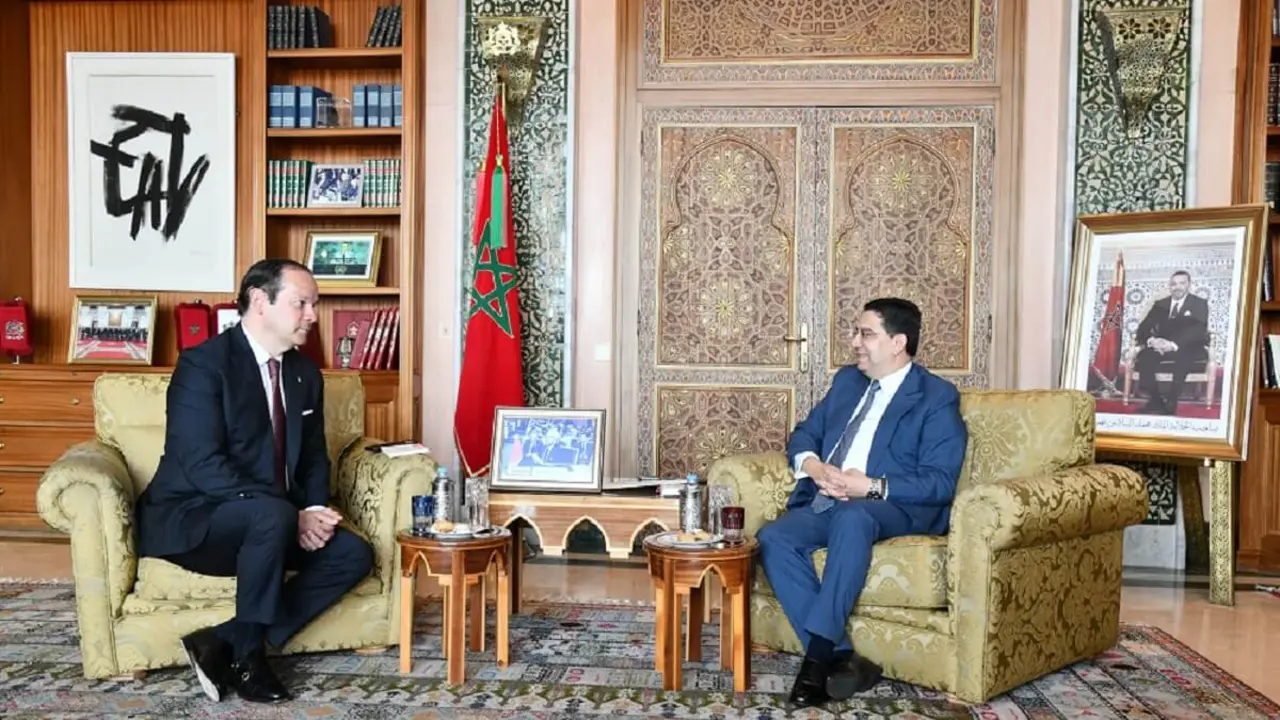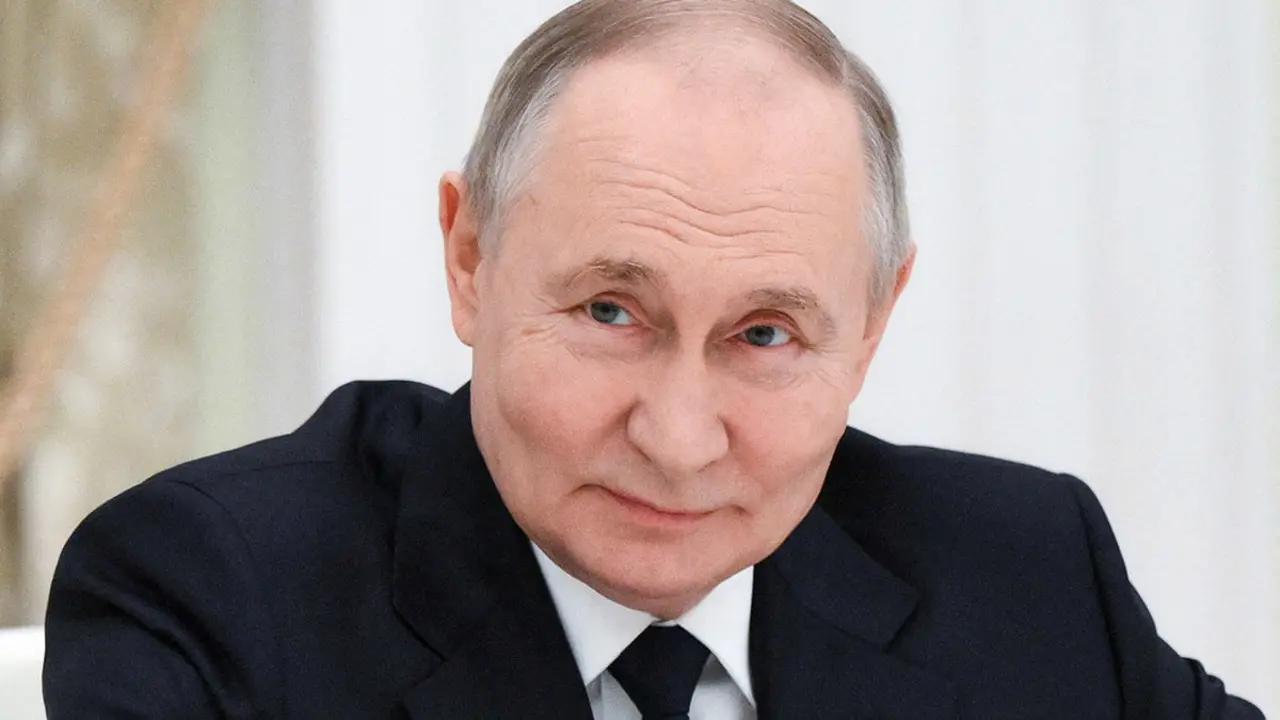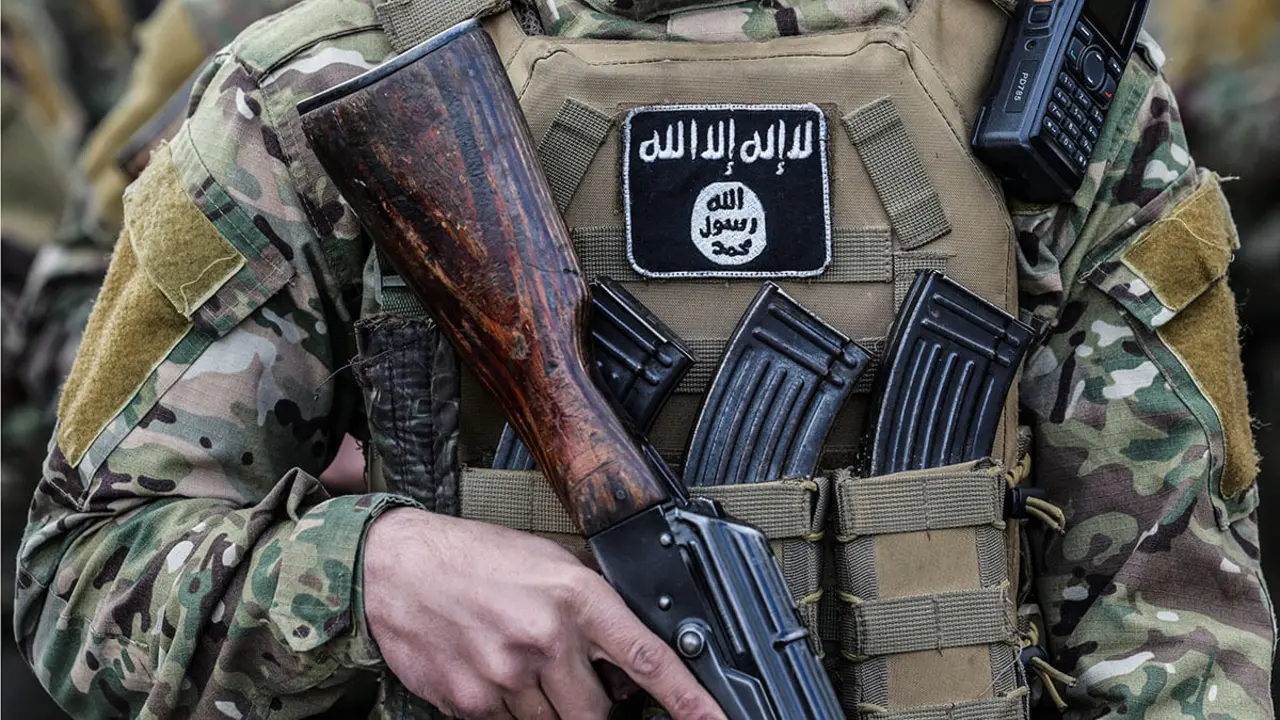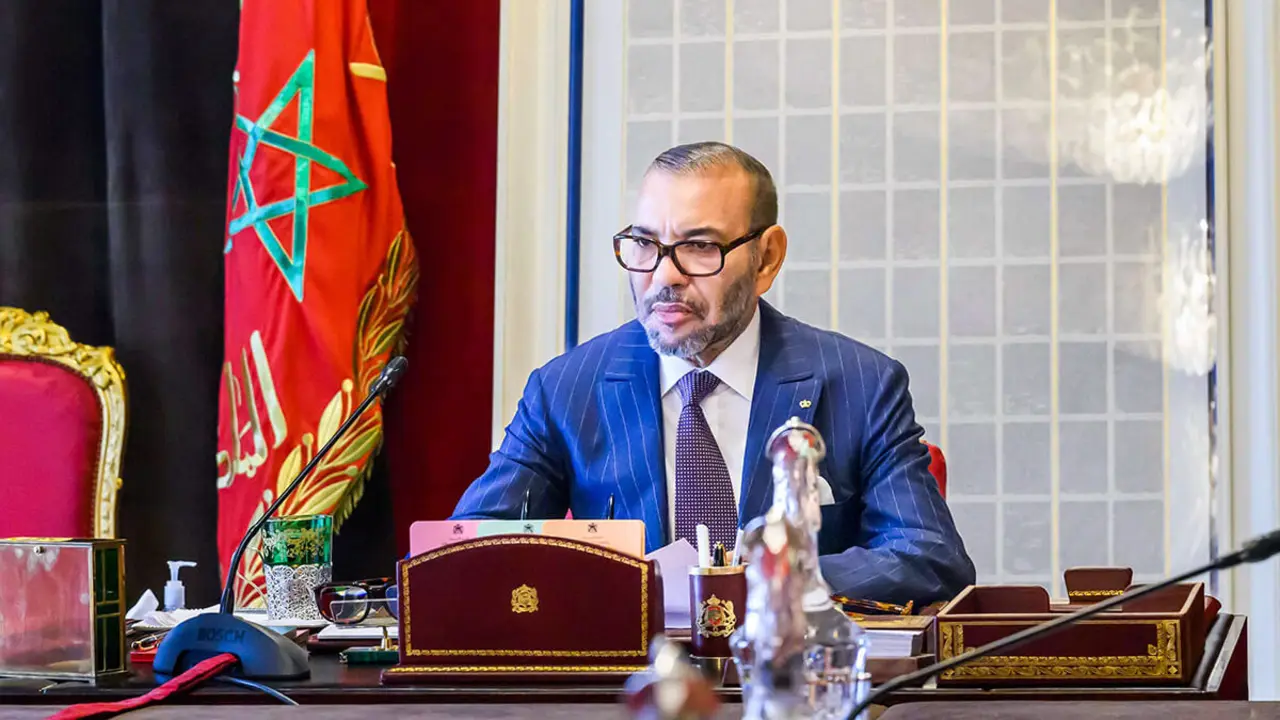The Victory Day

It's been 75 years since the end of World War II. The worst conflict in history. It doesn't make much sense to talk about its magnitude, the impact of the war, its human cost, because they are already well known. Although Allied Victory Day is celebrated on 8 May, in reality the unconditional surrender of the German army took place one day earlier in the French city of Reims. Also, days before, Hitler had committed suicide, Mussolini was captured and hanged, the horror of the concentration camps was revealed and the city of Berlin surrendered. It was not, however, until well into the summer, when Japan capitulated, putting an end to the war on the Eastern Front. Seventy-five years therefore of the end of a terror which, although in its warlike form it had begun six years earlier, in its political, social and above all rhetorical form, had already been spreading rapidly throughout the old continent for several years, plunging European society into a profound period of darkness.
This beginning of May also marks the 70th anniversary of the Schuman Declaration, which, barely five years after the end of the conflict, laid the foundations for the uninterrupted collaboration between France and Germany since then. A Franco-German axis without which this Europe would not now be understood, at times decadent, at times erratic, but still a bastion of rights and freedoms. The European institutions chose 9 May as the day to celebrate Europe, because the peace and integration that we enjoy today began to be built on that ruined continent that had been left behind by six years of shells, bombs and hatred.
Europe, like the world, is today once again in the middle of another world war. At least that encourages us to think about the war rhetoric to which the political establishment is accustoming us. The numbers of people killed and affected by a pandemic are, of course, almost warlike. The economic expectations are not encouraging either. The cracks in the European political system, which have been caused by other crises in the past, are suffering, if they do not get worse. The transverse impact that the coronavirus is causing is indeed similar to a war. We can also include the dose of blindness in the face of this invisible enemy, believing that it would understand borders, jurisdictions. Then, a little more than 80 years ago, there was no action in time against a hate that was beginning to become the gunpowder of a projectile about to be fired. Nor has it been done now against a virus that is also very contagious, but which has not needed bullets to become deadly.
World War II left us many heroes. Some with names and surnames, some anonymous. Some of them were Spanish, but it is not that they are especially known in our country, always so reticent to praise achievements. In this situation of scarce prominence is the one known as "La Nueve", the 9th Company of Spanish soldiers, Republicans, which was integrated in the 2nd Armored Division of the Free France, the Leclerc Division. This Division was the one that liberated Paris in 1944. During its triumphant passage through the Champs-Elysées and the Arc de Triomphe, one of the most famous snapshots of that liberation was shot. In it, a vehicle from "La Nueve" appears amidst applause from the Parisian population. On the front of it, one could read "Guernica", since the names of the vehicles of this company were, in addition to that one, others like Santander, Teruel, Madrid or Don Quixote.
The Spaniards who fought in this war have a monument in the well-known Pere Lachaise cemetery, but the fighters of "La Nueve" have since 2015, a special memorial in a garden next to the Parisian town hall, which was inaugurated by Felipe VI and Doña Letizia. In Spain, unfortunately, their condition as Republicans was always put before that of Spaniards, avoiding tributes and ignoring the fact that republicanism was then the alternative of freedom against a fascism that brought Europe to its knees. In 2017, the mayor of Madrid put a partial remedy to that debt, giving the heroes of "La Nueve" a space in a park in a non-central district of the capital. The tributes, as always late and wrong. The last survivor of this group of Spaniards was taken away by this other war we lived through several weeks ago. Rafael Gómez Nieto died because of the COVID-19 in Strasbourg at the end of March. There was no lack of words of praise from Emmanuel Macron at the time, nor was there any lack of remembrance from the French Ministry of Foreign Affairs of his role in these days of commemoration of the victory in the Second World War. The Spanish media coverage of his death was testimonial. As if we had too many heroes.
We face the exit from this coronavirus crisis with the uncertainty of whether the enemy will strike back. With the doubt of whether he will strike back with greater virulence. The resilience of European society will be tested again, its political system, whose cracks are increasingly visible, will be harshly judged. This war, or what our politicians have wanted to call a war to ease their consciences of the necessary sacrifices, will also leave us heroes. Most will once again be anonymous, invisible in the huge gears that make a developed country work, but heroes, after all. What I doubt, however, is that this crisis will leave a Victory Day, but what I doubt even more is whether we will know how to recognize these heroes tomorrow, or in 75 years' time.

